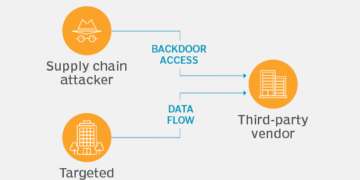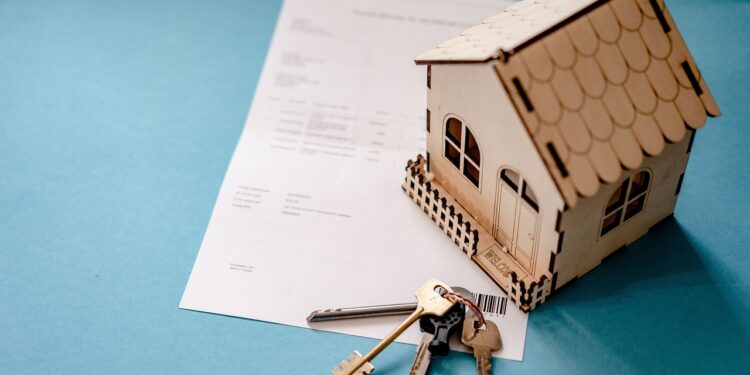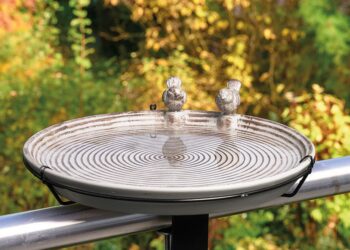How to sell an investment property in Hitchin?
Selling an investment property in Hitchin can be a rewarding decision, but it requires careful planning and understanding of the market. Whether you’re looking to cash in on property appreciation or redirect your investment, getting the sale right is key to maximising your return. Here’s a step-by-step guide to help you successfully sell your investment property according to experienced estate agents in Hitchin.
Selling Your Investment Property in Hitchin: Key Steps to Maximise Success
Selling an investment property in Hitchin requires careful planning and strategic decision-making. By understanding the market, getting a proper valuation, and preparing the property for sale, you can ensure a smoother process and potentially maximise your return. Here are the key steps to follow:
- Evaluate the Current Market Conditions
Understanding the Hitchin Property Market:
Before listing your property, it’s essential to assess the current local market. Factors like demand, property prices, and the overall economy will impact how quickly your property sells and at what price.
- Check Recent Sales: Research similar properties that have recently sold in Hitchin to gauge current market value.
- Supply and Demand: High demand can allow for a higher price, but if the market is slow, you may need to adjust your price expectations.
- Get a Property Valuation
Accurate Valuation for Investment Property:
An accurate valuation is crucial for setting the right asking price. Work with local estate agents who understand the Hitchin property market and the unique aspects of investment properties, such as rental yields and tenant demand.
- Hire a Local Estate Agent: Choose an agent experienced in selling investment properties for expert insights on value based on factors like location and rental income.
- Consider Multiple Valuations: Obtain two or three valuations to ensure you’re setting a competitive price.
- Assess Tax Implications
Capital Gains Tax and Other Costs:
When selling an investment property, you may be subject to Capital Gains Tax (CGT) on the profit from the sale. Understanding your tax obligations can help avoid financial surprises.
- Calculate Capital Gains Tax: The taxable gain is the difference between the sale price and the purchase price, minus certain costs like improvements and legal fees. In the UK, basic-rate taxpayers pay 18% CGT, while higher-rate taxpayers pay 28%.
- Consult a Tax Advisor: Seek professional advice to understand your tax liabilities and potential deductions.
- Prepare the Property for Sale
Make the Property Attractive to Buyers:
Ensuring the property is in good condition can help attract buyers and boost its value. This is particularly important if you’re targeting other investors or landlords.
- Carry Out Repairs and Maintenance: Address any minor issues such as leaks or broken fixtures to make the property more appealing.
- Focus on Tenant Satisfaction: If tenants occupy the property, ensure they’re comfortable during the sale process, as happy tenants can make the property more attractive to potential investors.
- Decide How to Sell: With or Without Tenants
Selling with Sitting Tenants vs. Selling Vacant:
As an investment property owner, you can sell with tenants in place (selling with sitting tenants) or wait until the tenancy ends and sell the property vacant. Each option has its advantages and drawbacks.
- Selling with Sitting Tenants: This may attract other investors who want a property with rental income already in place. However, it could limit interest from owner-occupiers, which may lower the sale price.
- Selling Vacant: A vacant property opens up the market to more buyers, including those looking to live in the home themselves. However, you may lose rental income while the property is vacant.
- List the Property
Market Your Property Effectively:
To attract the right buyers, your property needs to be marketed effectively. Working with a skilled estate agent and employing a strong marketing strategy can help sell the property quickly and at a desirable price.
- Professional Photography: High-quality photos are essential to showcase your property in the best light.
- Online Listings and Local Marketing: Ensure the property is listed on popular platforms like Rightmove and Zoopla. Your agent should also promote the property through local marketing strategies, such as leveraging their buyer database or social media.
- Negotiating Offers and Closing the Sale
Be Open to Negotiation:
Once the offers come through the door, it’s negotiation time to get the best deal possible. The different buyers, including investors, can have different priorities, hence one needs to understand their motivations.
-
- Understand the Buyer’s Position: Investors may look at the rentals yield whereas the first-time buyers may look at other concerns. Thus, tailor your negotiating strategy accordingly.
- Work with Your Agent: A good agent will be able to advise you through negotiations, thereby helping you to obtain a fair sale price and handle any tenant arrangements should the property be occupied.
- Completing the Sale: When an offer is accepted, it goes into its legal phase. The solicitor or conveyancer will sort through the paperwork to ensure that the sale completes correctly.
- Employ a Solicitor: Conveyancer professional in charge of processing the legal part of the sale, liaising with the buyer’s solicitor, and making sure all is well.
- Complete the Sale: After the exchanging of the contracts and the transferring of the buyer’s funds, the sale is complete, and this is where you get paid.
Conclusion:
Selling an investment property in Hitchin involves consideration of market conditions, appropriate pricing of the property, and addressing taxation obligations. Whether you decide to sell your property either vacant or in-occupation, taking care with the help of an expert estate agent will surely work wonders. The steps will serve as the best way to maximise your return on investment and make seamless and efficient the process of selling.











































